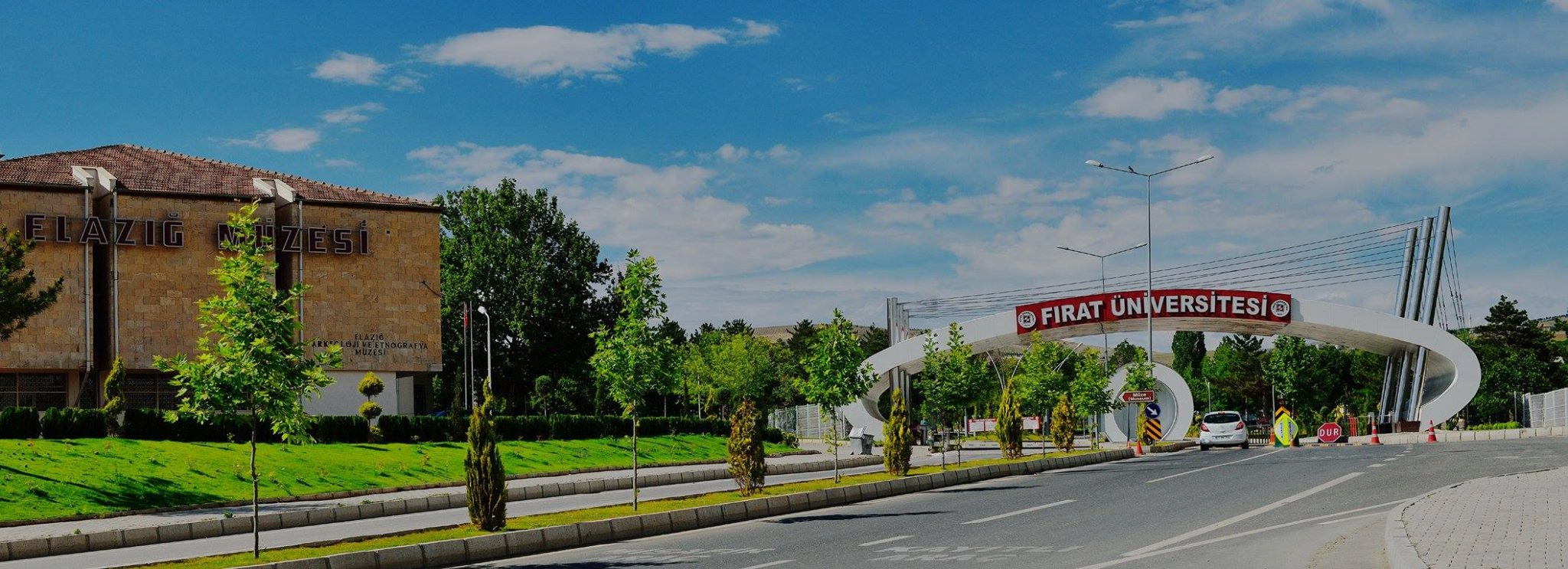
General Information
WHAT IS METALLURGICAL AND MATERIALS ENGINEERING?
Metallurgical and Materials Engineering combines traditional metallurgy with modern materials science. The field encompasses the study, design, production, and application of materials, from traditional metals and alloys to advanced ceramics, polymers, and composites.
The primary focus includes understanding material properties, processing methods, characterization techniques, and performance optimization. Our engineers must master both theoretical knowledge and practical applications in materials processing, testing, and quality control.
Today's materials engineers collaborate across multiple disciplines. Similar to how mechatronics combines mechanical and electronic engineering, materials engineers work with chemists, physicists, mechanical engineers, and other specialists. The field requires expertise in materials synthesis, processing, characterization, and performance evaluation.
At Firat University, we offer comprehensive education in both traditional metallurgical processes and cutting-edge materials technologies. Our program provides strong theoretical foundations while emphasizing practical applications through extensive laboratory work and industry collaboration.
1. Objective of the Department:
- Analyze material requirements and develop appropriate solutions
- Optimize material selection and processing considering performance, cost, and sustainability
- Design materials and processes incorporating environmental, social, and economic factors
- Apply fundamental principles of materials science and engineering
- Develop practical skills through laboratory work and industrial experience
- Stay current with emerging materials technologies and applications
2. The Role of Materials Engineering:
Materials engineers design, develop, and improve materials for various applications across industries. They:
- Select and process materials for specific applications
- Conduct material testing and characterization
- Develop new materials and processing methods
- Solve materials-related industrial problems
- Ensure quality control in production
- Research and implement new technologies
Required skills include strong analytical abilities, problem-solving skills, laboratory expertise, and understanding of materials processing and characterization techniques.
3. Employment Opportunities:
Graduates find diverse opportunities in:
- Metal production and processing industries
- Automotive and aerospace sectors
- Materials testing and quality control laboratories
- Research and development centers
- Manufacturing industries
- Technical consulting firms
- Academic and research institutions
4. Graduation Requirements:
The duration of education is four years or eight semesters. A total of 150 credits, or at least 240 ECTS, must be successfully completed. During the eight-semester education process, students will undergo Workplace Training in the 7th semester for six months (July 15 - January 15). They will also complete one field internship (20 workdays) and one business organization internship (20 workdays). Elective courses starting in the 6th semester and continuing in the 8th semester aim to help students specialize in software engineering.
5. Internship Studies:
Students must complete internships to reinforce their academic learning with laboratory applications and real workplace experiences. Internships aim to instill professional discipline and work ethic alongside technical skills. Students will undertake one field internship (20 workdays) and one business organization internship (20 workdays), totaling 40 workdays, in suitable facilities, factories, or software companies’ relevant units to familiarize themselves with technological developments, enhance their application skills, and gain management experience.
Our graduates are prepared to address contemporary challenges in materials engineering, from developing sustainable materials to implementing advanced manufacturing processes.
Quick Access